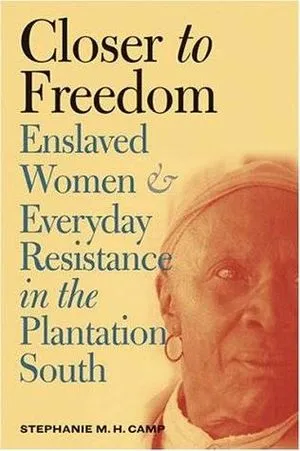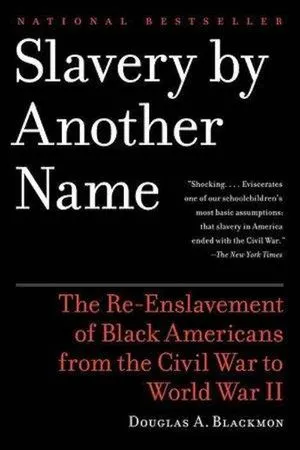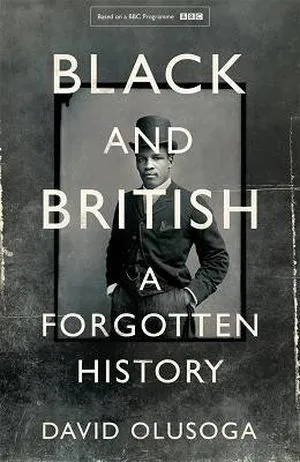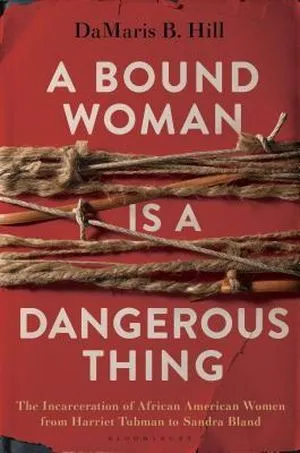
10 Books on the History and Legacy of Slavery
I grew up in 1990s Ireland, where most streets were filled with white people and most books were filled with white stories. In school, slavery was mentioned once or twice in passing, but was never explained. To some extent this makes sense — most of Ireland’s history is tied up with British colonialism, so that took up most of the space in my history books, along with major topics like World War II and the Cold War. Though my teachers were happy to talk about the Holocaust and Ireland’s famine history, they were less inclined to consider a world outside of Europe, or the darker realities of colonial expansion. Ireland was culpable in that expansion. Though I have seen many tweets from Americans insisting that their Irish ancestors were once enslaved people, there is a huge difference between indentured servitude and slavery. In fact, Irish settlers participated actively in the slave trade, and the country as a whole has yet to examine its role in that history. So, from someone still learning and hoping to learn much more, this is a list of books about the history of slavery.
Closer to Freedom by Stephanie Camp
Subtitled ‘Enslaved Women & Everyday Resistance in the Plantation South’, Camp’s book explores the small acts of resistance among enslaved people, especially women. Camp claims truancy was a purposeful effort to find privacy and illegal parties were full scale expressions of bodily freedom. In the end, Camp argues that these small acts sustained better known rebellions and riots.
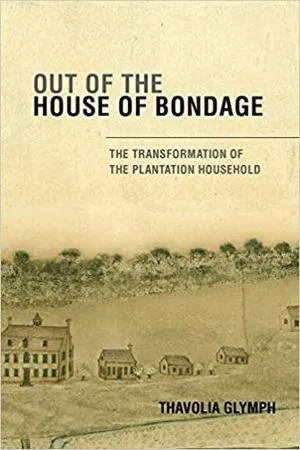
Out of the House of Bondage by Thavolia Glymph
Plenty of depictions of slavery present the mistress of the plantation house as something of a passive victim of the system. Glymph’s work shatters that fallacy and asserts that the white women in charge offered no solidarity on the basis of gender. The book is academic, but is a fascinating look at the myths we have deigned to believe.
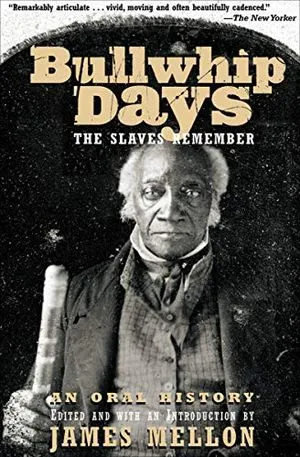
Bullwhip Days by James Mellon
A 1930s oral history of former enslaved people, Mellon’s work provides an unflinching portrait of slavery in America. The book presents a variety of narratives showing a broad range of conditions and experiences of human bondage. Too often, the voices of actual people have been lost to sterile paragraphs in history books — oral histories are a sobering look at undecorated truth
Slavery by Another Name by Douglas A Blackmon
Blackmon’s Pulitzer-winning work examines the neoslavery, which sprung up following emancipation, pushing thousands of African Americans into involuntary servitude right up to the Second World War. Blackmon exposes the modern companies that benefitted from neoslavery and examines the intimidating laws which enabled arbitrary arrests and fines, while government officials leased falsely imprisoned black people to companies seeking cheap labor. It’s a damning indictment.
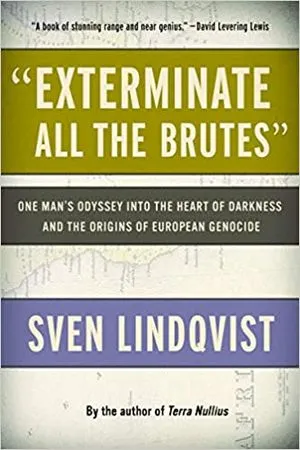
Exterminate All the Brutes by Sven Lindqvist
Recently brought to life for HBO by filmmaker Raoul Peck, Lindqvist’s journey across Central Africa in an effort to understand a single line from Joseph Conrad’s Heart of Darkness has long defied genre definition. Part history, part experiential memoir, Lindqvist unveils a blistering assault on Europe’s imperial powers. If you haven’t caught the HBO series, Peck’s additions and commentary drive Lindqvist’s work to new heights.
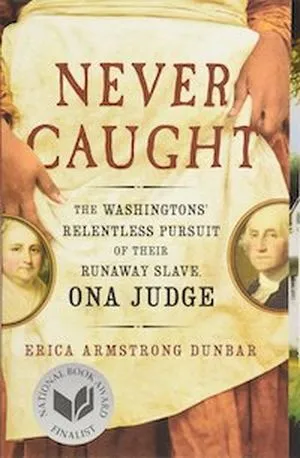
Never Caught by Erica Armstrong Dunbar
When George Washington left Mount Vernon to serve in Philadelphia, he brought with him nine enslaved people, among them Ona Judge. Pennsylvania law required at the time that enslaved people be set free after six months residing in the state. Washington circumvented this by sending his enslaved people back down south before the clock ran down. Ona Judge, denied her liberty, fled. With her story, Washington’s ambiguous morals and intentions are laid bare.
Black and British by David Olusoga
Crossing the Atlantic, Olusoga’s work investigates Britain’s history in Africa and the Caribbean from the Roman era. His work interrogates American slavery that sustained the industrial boom of the 19th century, and confirms the role of black Britons at Trafalgar and in the World Wars. Olusoga’s work traverses to the current day, and his own experiences of prejudice, thousands of years in the making.
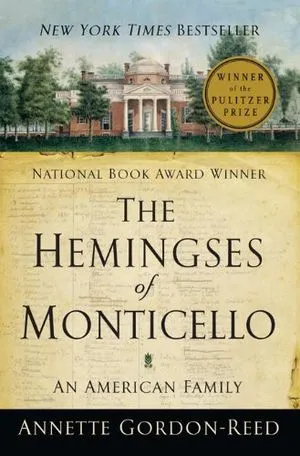
The Hemingses of Monticello by Annette Gordon-Reed
Another Pulitzer winner, this is the deeply-researched story of the Hemingses in Virginia with Thomas Jefferson their master — as well as the father of Sally Hemings’s children. Gordon-Reed’s commitment to studying legal records, diaries, letters, newspapers and oral histories has, according to her MacArthur Fellowship citation, ‘changed the course of Jefferson scholarship.’
A Bound Woman is a Dangerous Thing by DaMaris B Hill
A narrative in verse which pays homage to women from Assata Shakur to Ida B Wells and Sandra Bland, not to mention Black Lives Matter, this is an unflinching and passionate look at history. Illustrated with black and white photographs, Hill’s passionate responses to her heroes puts presents a massive struggle in a truly original light.
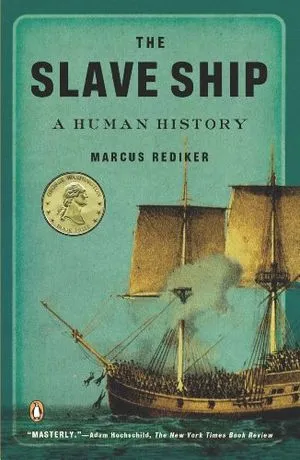
The Slave Ship by Marcus Rediker
Rediker trawled through maritime archives and court records, diaries and firsthand accounts to produce the history of a dark institution. The book restores the slave ship to its rightful place, a horror show which built the history of race, class, and capitalism. Rediker’s history of the ‘floating dungeon’ is a fascinating look at a supreme evil.




